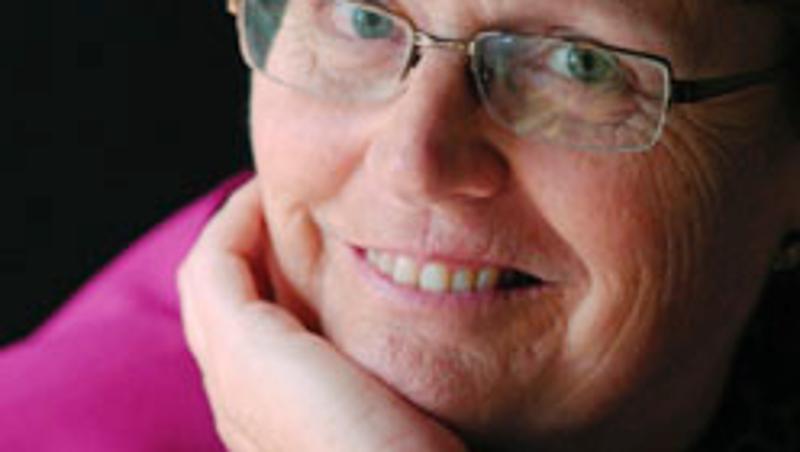
Just telling bullies that they shouldn't bully is not enough, says Associate Professor Marilyn Campbell from Queensland University of Technology's (QUT) Faculty of Education.
Professor Campbell said the negative consequences for a childhood bully were just as severe as the consequences of being a victim.
"Bullies go onto have lots of relationship issues. They have difficulty in romantic relationships. Only people who are scared of them are their companions, their henchmen, in primary school" she said.
"Bullies in primary school have been shown to be more likely to be convicted of a criminal offence before they reach their twenties than children who are not involved in bullying a 2006 study has shown.
"They also often have drug and alcohol misuse problems because they self-medicate as they haven't figured out how to have good relationships."
Professor Campbell said bullying was a learnt behaviour and that children learned from their families how to be bullies.
"Punishing bullies has been shown not to decrease their bullying behaviour. The best ways to stop bullying behaviours are various methods of talking with bullies such as "shared concern" which is a very structured procedure to elicit some sensitivity of the bully to the victim.
"A second method is restorative justice where the bully must face the victim and the damage they have done.
"These methods aim to elicit or teach the empathy that bullies lack."
Professor Campbell said schools told children through their anti-bullying programs that it was a bad thing to do. However, if parents condoned and bullied themselves then this was not enough to change their children's behaviour.
"Bullying can only be stopped when the whole family is assisted to understand their behaviour and develop good social relationships," she said.
"When children see domestic violence, which can be both physical and emotional abuse, they see that unequal power can be used to get your own way. Parents may talk at the dinner table about their own bullying behaviour in the workplace and children pick that up as a method of getting what you want.
"On top of this, lots of media show that bullies win. Bullying is a deeply embedded social relationship problem."
Professor Campbell said community, not just school, resources had to be put into engaging the family of the bully to reach the parents who do not recognise or see anything wrong with bullying.
Media contact: Niki Widdowson, QUT media officer, 07 3138 1841 or n.widdowson@qut.edu.au




